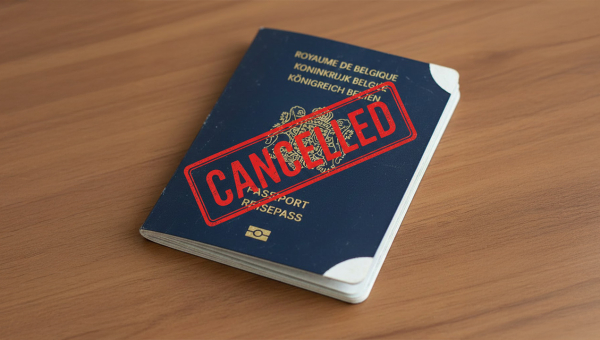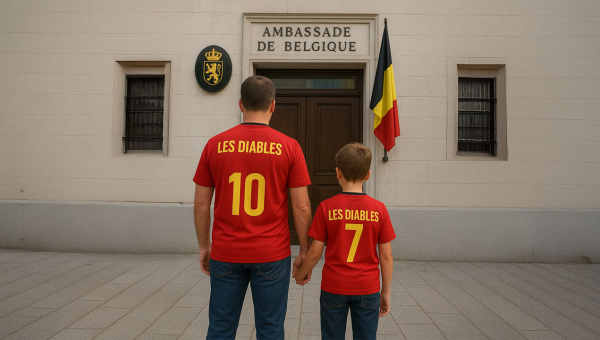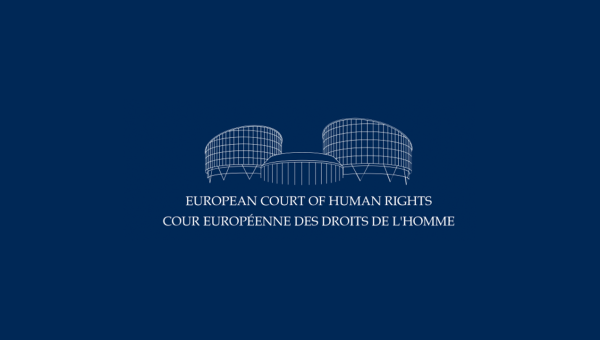Reacquisition of Belgian nationality (Art. 24 of the Belgian Nationality Code): what expatriates need to know
Many former Belgians living abroad discover one day—often when applying for a passport, dealing with an inheritance, or planning a return to Europe—that they are no longer Belgian. The good news is that losing Belgian nationality is not always final. In many cases, reacquisition is possible through a declaration (Article 24 of the Belgian Nationality Code).











